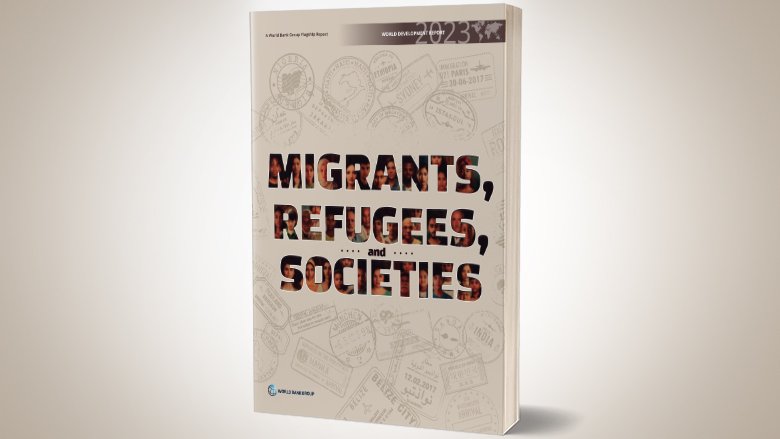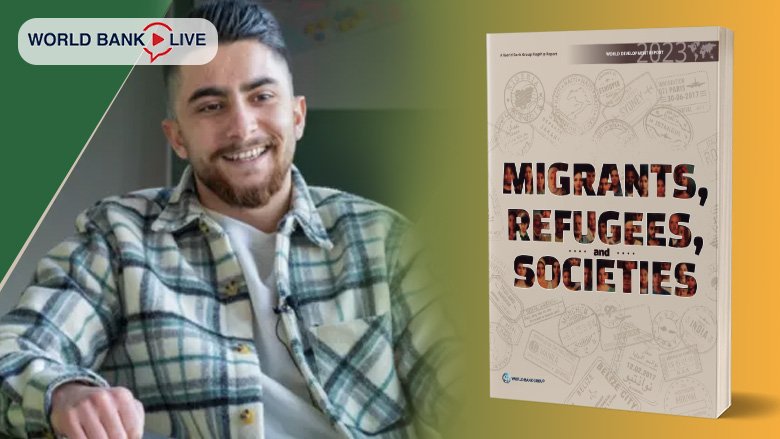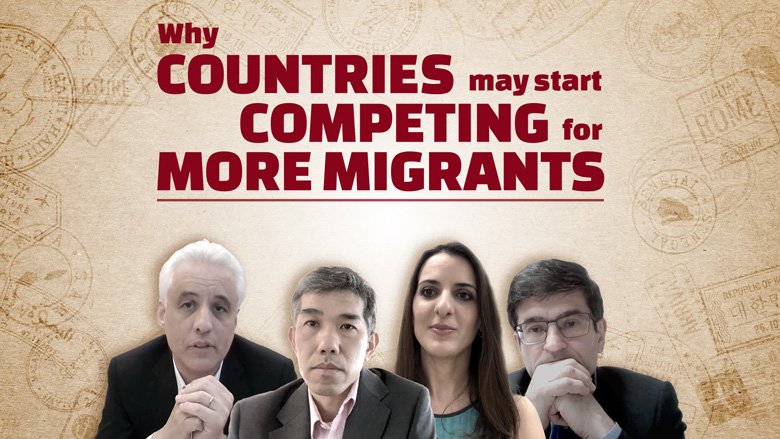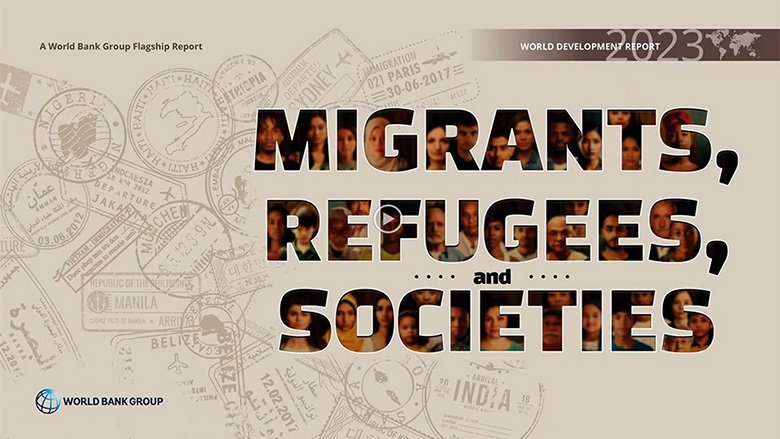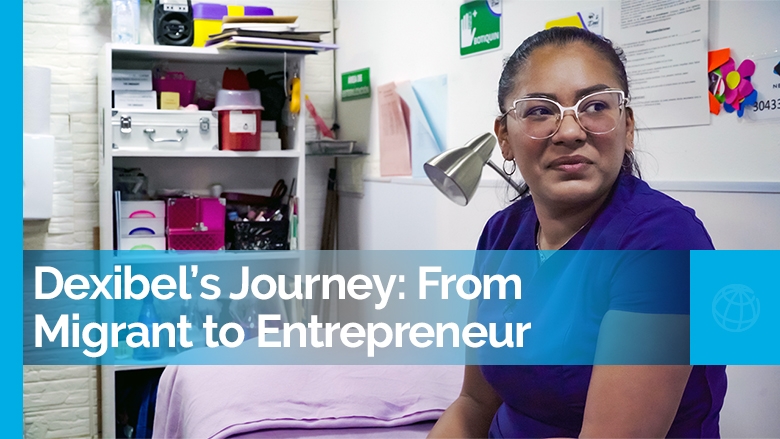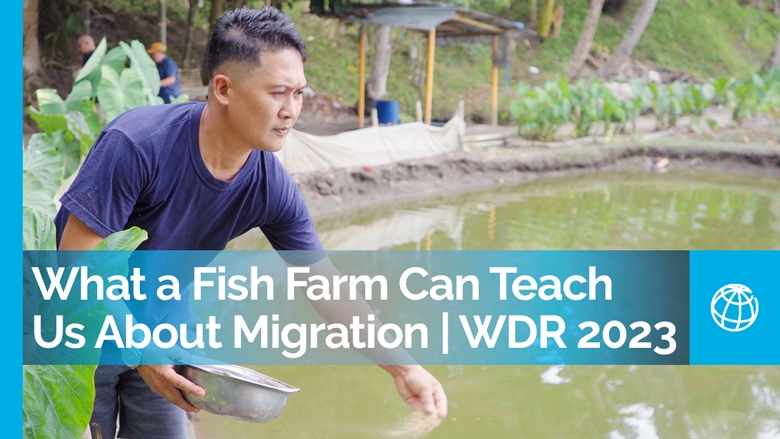How can migration lift people out of poverty? How can its benefits be measured? How will current demographic trends and climate change affect future migration patterns? And what can origin and destination countries do to ease the integration of migrants and refugees, and mitigate brain drain? The Learning Series, based on the 2023 World Development Report: Migrants, Refugees, and Societies, will address these questions and more.
The learning series has 9 modules, each designed to be self-contained consisting of 6 to 10 seminars and taught over 2 to 3 days. Most modules follow a similar structure: (i) Overview of the state of knowledge and recent migration literature; (ii) Evidence, including a deep dive into data and methods with hands-on exercises; (iii) Policy applications and story-telling applications (particularly for media purposes); and (iv) Case studies. Specific sessions can be extracted from individual modules depending on audience demand and intended duration. In addition, the number of modules and/or topics can be tailored to the specific needs of the participants, including the option of a compressed 1-week overview course that would prioritize breadth over depth.
The following modules are available as of January 2024:
- Module 1: Migrants, Refugees, and Societies: Overview of Issues, Data, and Policies
- Module 2: Migrants and Refugees: Statistics and Global Databases
- Module 3: Measuring the Impact of Migration—Empirical Methods
- Module 4: Demographic Trends across the World and International Migration
- Module 5: Climate Change and Migration
- Module 6: Forced Displacement
- Module 7: Economic and Social Integration of Migrants and Refugees
- Module 8: Remittances
- Module 9: Brain Drain
TARGET AUDIENCE: Journalists covering migration and forced displacement issues; mid-level to senior officials and policymakers in government agencies; development practitioners in international and regional organizations working on migration and forced displacement; NGO workers; researchers and thought leaders from think tanks; and master and PhD students.
QUALIFICATIONS: Depending on the course, participants are expected to have a degree in journalism, communication/media studies, economics, political science, or equivalent.
DURATION: 2–3 days per module
ORGANIZATION & LOGISTICS: The course has been developed by Quy-Toan (Toan) Do (2023 WDR co-Director and DEC Research Group: qdo@worldbank.org) and Joyce Ibrahim (2023 WDR Task Team Leader jibrahim@worldbank.org), in close collaboration with Pablo Ariel Acosta of the Social Protection and Labor Group, the Institute for Economic Development, and the Core Learning and Solutions Services (CLASS). Contributions are from Pablo Ariel Acosta (Social Protection and Labor Group), Narcisse Cha’ngom (2023 WDR team member), Matthew Chase Martin (2023 WDR team member), Viviane Clement (2023 WDR team member and Climate Change Group), Pascal Jaupart (2023 WDR contributor and Social Protection and Labor Global Practice), David McKenzie (DEC Research Group), Caglar Ozden (2023 WDR co-director and DEC Research Group), Sandra Rozo (2023 WDR team member and DEC Research Group), Kirsten Schuettler (2023 WDR team member), and Ganesh Seshan (2023 WDR team member and Poverty Global Practice).
To express interest in the course, please register here. For questions about course details and logistics, please contact Joyce Ibrahim (2023 WDR Task Team Leader: jibrahim@worldbank.org) and Ravi Kumar (rkumar17@worldbankgroup.org).
Potential participants will be invited to apply to this learning series once the timing is confirmed. Upon selection, course instructors will be in contact to share further details, including seeking feedback from course participants on their relevant competencies and needs, so as to tailor the course offerings to different audiences.
